Photo (above): Farmers participate in an agriculture workshop as part of The Salvation Army Ebola recovery support project in Liberia
The Ebola crisis that hit West Africa in 2014 was the deadliest outbreak in the history of the disease, claiming more than 4,000 lives in Liberia alone. The epidemic devastated the country’s economy, with a sharp decline in agriculture, particularly domestic food production.
The Salvation Army’s initial response helped more than 23,000 Liberians, including many orphans, by providing food, water, emergency health care, trauma counselling, handwashing stations and protective equipment.
Today, the worst of the outbreak is over, but there is much more to be done. The Army continues to support communities on the long road to recovery.
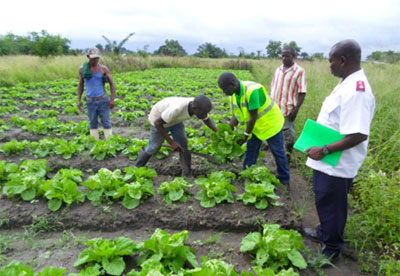 A Salvation Army officer visits a farmer in the Cotton Tree community
A Salvation Army officer visits a farmer in the Cotton Tree community
Over the past two years, the Army has helped more than 300 farmers rebuild their lives by providing the seeds, tools and agricultural training they needed to start farming again. They are grateful for the Army’s intervention during a period they describe as a turning point in their lives.
“If The Salvation Army had not come to our aid, many of us could not have farmed this year,” said one of the farmer in the Cotton Tree and Mt. Barclay communities.
Before the Ebola outbreak, Martha Bishop and her husband, together with their five children, survived by farming. But after her husband died from the virus in June 2014, many people—including family members—abandoned her in fear of contracting the disease. With no support, her children went hungry and dropped out of school.
Martha began searching for help, and found The Salvation Army Ebola recovery support project.
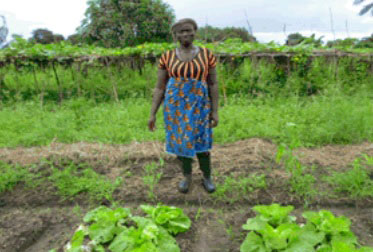 “Without the things I learned from this project, I would not have survived the Ebola crisis,” says Martha Bishop, one of the farmers who received support
“Without the things I learned from this project, I would not have survived the Ebola crisis,” says Martha Bishop, one of the farmers who received support
With the income generated from her farm, they now have enough to eat, and she is able to send her children to school. She has saved seeds and plans to expand her farm in the next cropping season.
We thank our generous donors for enabling The Salvation Army to journey with Martha and many others as they strive to rebuild their lives through sustainable agriculture.
Manjita Biswas is the world missions department’s program director for overseas projects.




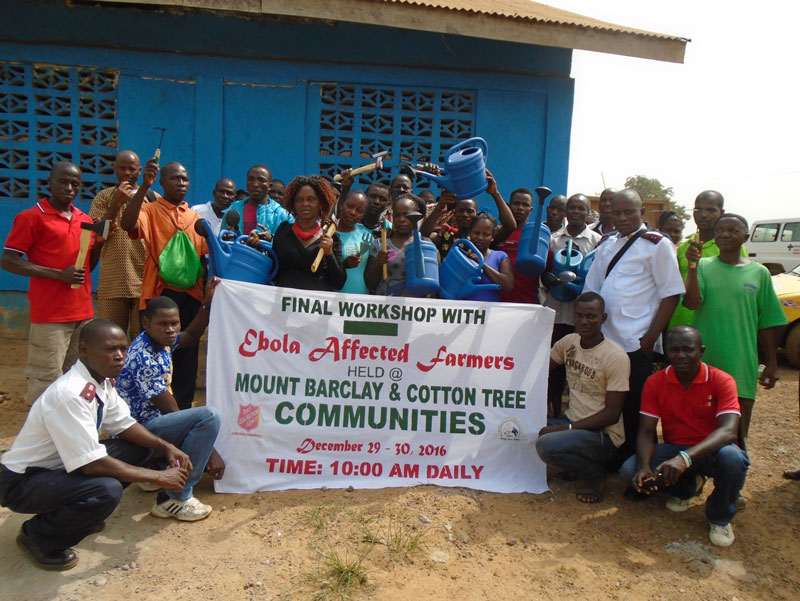
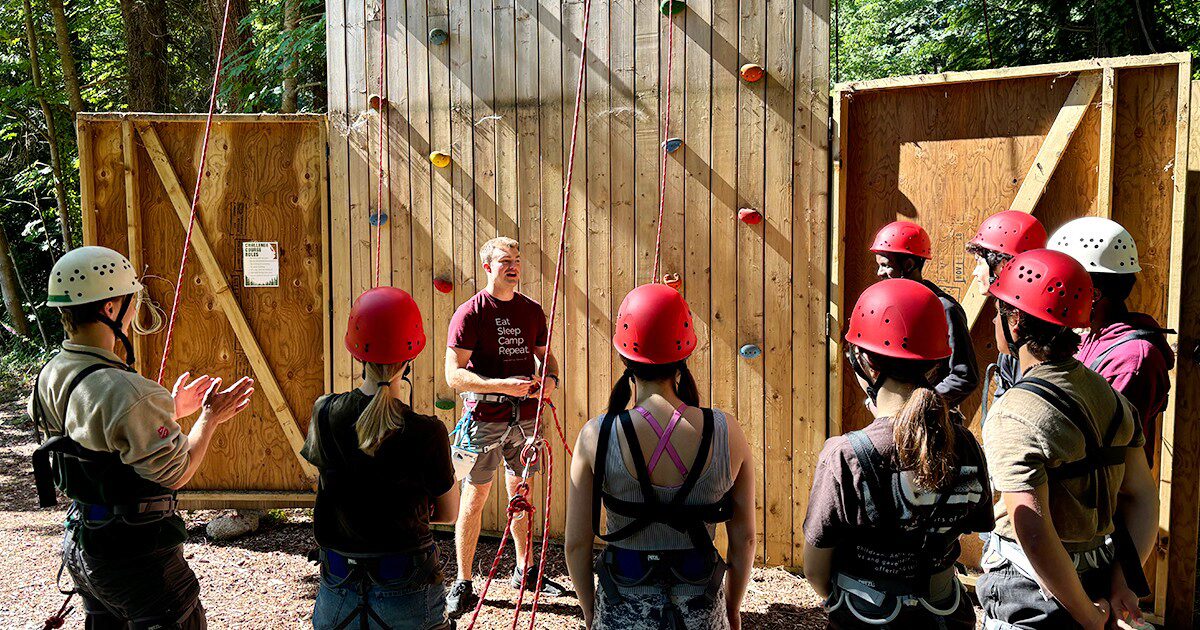

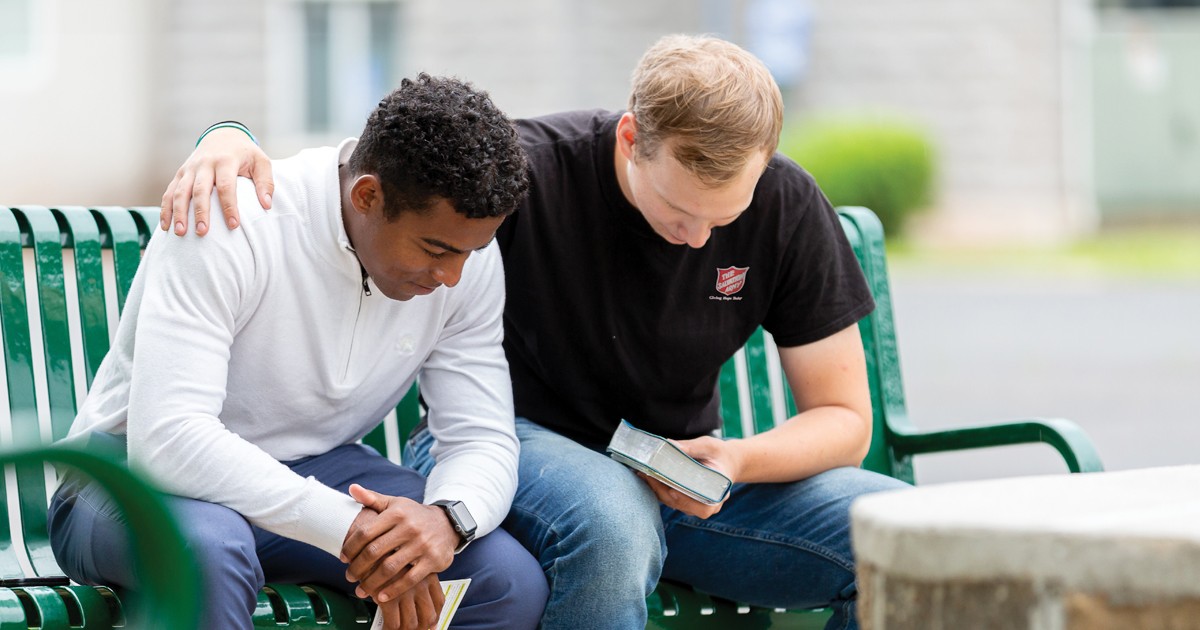


Leave a Comment